1 min read
Unveiling the Secrets of Early Human Development through Micro-CT Imaging
![]() micro-CT Team
14 Aug 2024
micro-CT Team
14 Aug 2024
Micro-CT is transforming medical diagnostics by allowing 3D examination of whole samples, preserving their contextual integrity. Researchers at Amsterdam UMC, under the direction of Dr. Bernadette de Bakker, are using micro-CT to study early human development, analyzing human embryos and fetuses collected in the Dutch Fetal Biobank. Enhanced with contrast agents, these scans provided unique insights into fetal organ development.
Dive into the details and unlock these groundbreaking findings. Download our application note: “Unveiling the Secrets of Early Human Development through Micro-CT Imaging”
Key information:
- Non-destructive imaging: Examine samples without sectioning.
- 3D Visualization: Offers a comprehensive view of scanned samples.
- Contextual Integrity: Retains complete contextual information.
Micro-CT visualizes early human embryonic development in 3D, crucial for understanding normal tissue development and identifying potential issues.
Dr. de Bakker praised TESCAN’s UniTOM XL, “The UniTOM XL Micro-CT scanner: With its unparalleled flexibility in settings, this remarkable scanner unveils the intricate journey of human development, providing a lens to witness the transformation from the tiniest beginnings to the grandeur of a fetus.”
Read our in-depth interview with Dr. de Bakker and discover how she uses micro-CT to unlock the secrets of early human embryonic development.
Applications:
- Developmental Biology: Detailed information on organ ontogenesis.
- Forensic Analysis: Non-invasive alternative to post-mortem investigations.
- Integration with Other Methods: Combines with transcriptomic and proteomic analyses.
Micro-CT imaging is a transformative tool in medical research, offering high-resolution 3D images while preserving sample integrity. Its versatility extends beyond developmental biology, promising advancements in diagnostics, forensics, and various scientific disciplines.
Read more


